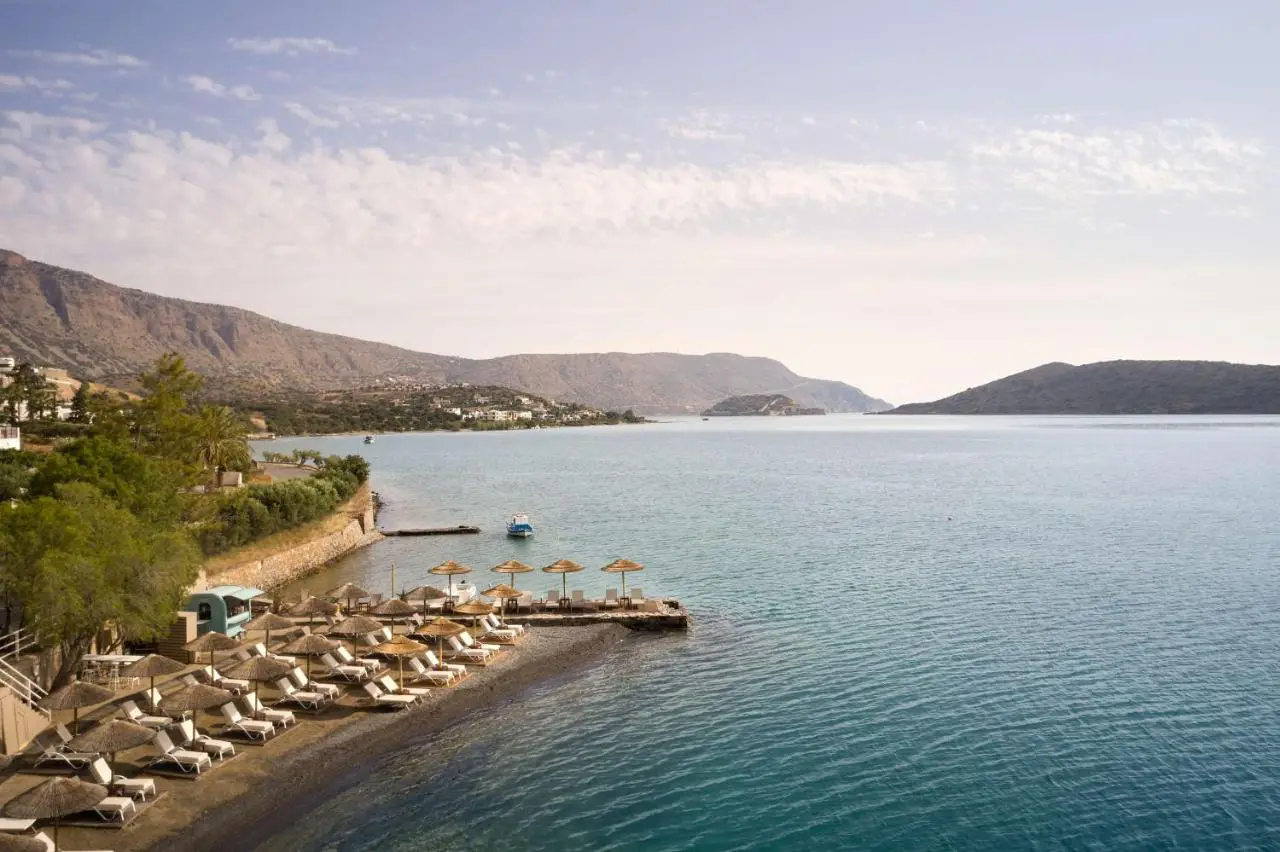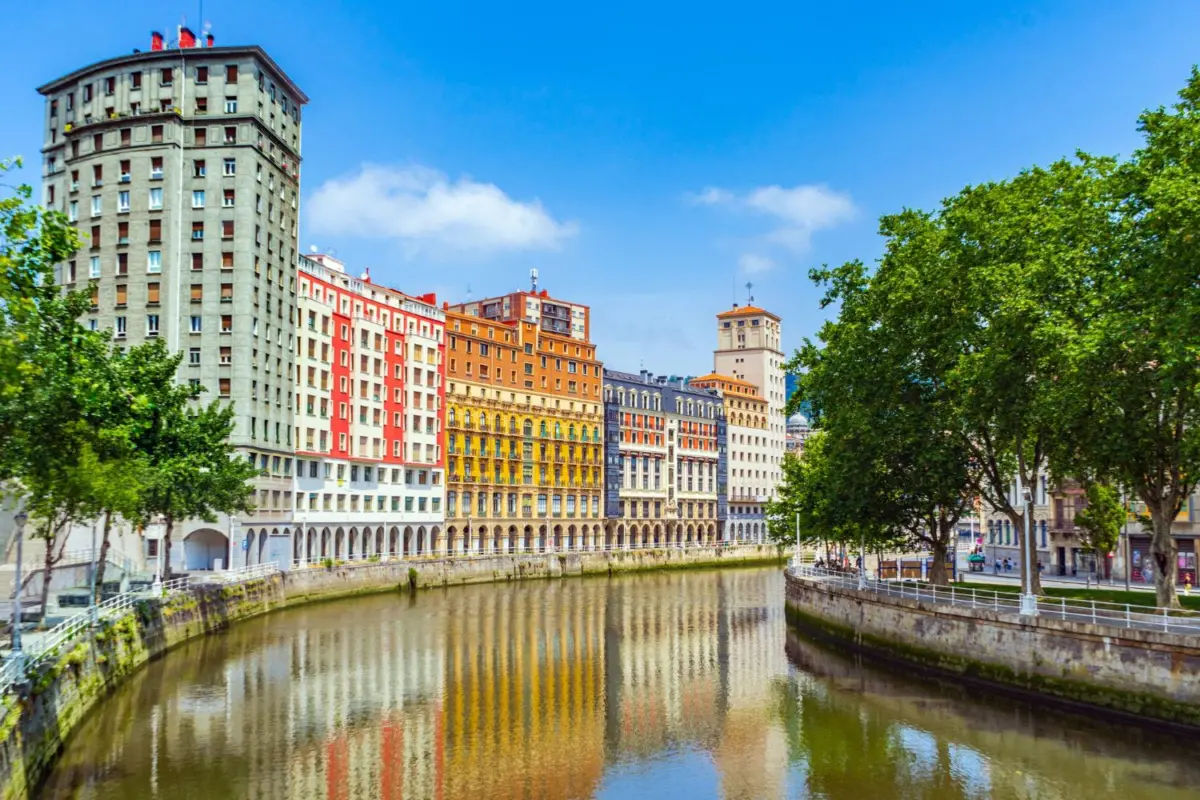Continuing uncertainty surrounding Brexit and the fallout from the US-China trade war has had a negative impact on value of the pound, making it cheaper for visitors and international expats working and living in the UK.
Cities in the UK dropped eight places on average over the last 12 months, with Central London (140th) posting its lowest ever position in the global rankings, according to the latest Cost of Living report from global mobility specialist, ECA International (ECA).
ECA International’s Cost of Living Survey compares a basket of like-for-like consumer goods and services commonly purchased by international assignees in more than 480 locations worldwide. The survey helps businesses to ensure that their employees’ spending power is maintained when they are sent on international assignments. ECA International has been conducting research into the cost of living for over 45 years.
The decline of the cost of living in Central London, which has seen the location fall 130 places from its highest recorded position of 10th in 2007, means that it is now more expensive for British expats to travel to the US, Australia, and certain non-eurozone locations.
Steven Kilfedder, Production Manager at ECA International, said: “The UK is the cheapest it has been for foreign workers but figures suggest that this is not leading to an influx of investment because of the uncertainty over Brexit. Meanwhile, it has become more expensive for UK firms to send staff abroad. While uncertainty may decrease after the election and push up the value of the pound, there could be years of complicated trade talks ahead so expect the UK to see more fluctuations in the ranking in years to come”.

Conversely, a weakened euro combined with slow growth, particularly in Germany which narrowly avoided recession, has seen almost all eurozone locations drop in rankings, with seven locations tumbling out of the top 100, including major European cities such as The Hague, Lyon, Rome, Berlin and Munich.
 Despite Dublin dropping 10 places in the global rankings, Ireland’s capital remains in the top 100 (87th), ahead of all UK cities including Central London (140th), Edinburgh (156th) and Manchester (162nd).
Despite Dublin dropping 10 places in the global rankings, Ireland’s capital remains in the top 100 (87th), ahead of all UK cities including Central London (140th), Edinburgh (156th) and Manchester (162nd).
In contrast, some European locations outside of the eurozone saw significant rises in the relative cost of living, as Russian and Ukrainian locations registered big rises. Kiev (198th) witnessed the biggest increase in Europe, rising 38 places over the last 12 months, whilst Moscow (114th) and St Petersburg (168th) increased their ranking 29 and 24 places respectively.
Meanwhile Switzerland continues to have the highest cost of living in Europe with four locations in the top 10, making the country one of the most expensive locations in the world for businesses to send Brits.
A strong performance from the US dollar has seen all US locations rise by an average of 18 places, with eight locations featured in the top 50 and New York returning to the global top 20 for the first time in four years.
Global top 20 most expensive locations for expatriates
Location | Country | 2019 Ranking |
Ashgabat | Turkmenistan | 1 |
Tokyo | Japan | 2 |
Zurich | Switzerland | 3 |
Geneva | Switzerland | 4 |
Basel | Switzerland | 5 |
Hong Kong | Hong Kong | 6 |
Bern | Switzerland | 7 |
Yokohama | Japan | 8 |
Tel Aviv | Israel | 9 |
Nagoya | Japan | 10 |
Osaka | Japan | 11 |
Jerusalem | Israel | 12 |
Singapore | Singapore | 13 |
Oslo | Norway | 14 |
New York | United States of America | 15 |
Seoul | Korea Republic | 16 |
Stavanger | Norway | 17 |
Macau | Macau | 18 |
Kinshasa | Democratic Republic of the Congo | 19 |
Honolulu HI | United States of America | 20 |
European top 20 most expensive locations for expatriates
Location | Country | 2019 Ranking |
Zurich | Switzerland | 1 |
Geneva | Switzerland | 2 |
Basel | Switzerland | 3 |
Bern | Switzerland | 4 |
Oslo | Norway | 5 |
Stavanger | Norway | 6 |
Copenhagen | Denmark | 7 |
Helsinki | Finland | 8 |
Stockholm | Sweden | 9 |
Paris | France | 10 |
Gothenburg | Sweden | 11 |
Brussels | Belgium | 12 |
Dublin | Irish Republic | 13 |
Vienna | Austria | 14 |
Amsterdam | Netherlands | 15 |
Antwerp | Belgium | 16 |
Strasbourg | France | 17 |
The Hague | Netherlands | 18 |
Lyon | France | 19 |
Rotterdam | Netherlands | 20 |
North America dominates top 100 most expensive locations in the world
The continuing strength of the US dollar has seen all locations in the US increase by an average of 18 places, with New York (15th) and Honolulu (20th) in Hawaii both entering the global top 20. This continues a trend which has seen 28 US locations enter the top 100, compared to just five in 2014.
Canadian locations also saw big increases, rising 20 places on average with Vancouver (91st) and Ottawa (96th) returning to the top 100. Toronto (101st) and Montreal (124th) remain outside the top 100 but did increase 23 and 12 places respectively.
North America now accounts for almost a third of the top 100 most expensive locations in the world with 30 cities located in either the USA or Canada overtaking Asia which has 28. The continent’s strong performance has also seen seven European locations drop out of the top 100 most expensive in ECA’s cost of living ranking.
Kilfedder said: “The strength of the US dollar has made the US more expensive for workers and businesses looking to move to the country with 28 cities in the top 100 – more than five times as many as five years ago. On the other hand, US companies are benefitting from the cheaper cost of sending staff abroad to locations in Europe and China.”
Weak Australian dollar sees all Australian cities drop in ranking
While Sydney (79th) and Melbourne (94th) still rank in the top 100, the average cost of living has continued to fall across Australia, with Perth (113th), Brisbane (118th) and Canberra (120th) all dropping out of the global top 100. However, the cost of living in these cities is still more expensive than major European capitals including Central London (140th), Madrid (150th) and Lisbon (158th).
Harare cost of living continues to fluctuate, dropping 159 places in 12 months
The Zimbabwean capital Harare saw the biggest drop in ranking over the last 12 months, dropping 159 places to 206th. The mix of high inflation and depreciating currency after the reintroduction of the Zimbabwean dollar, has seen the cost of living for foreigners in Harare has fluctuated over the last five years, peaking at 47th place in 2018.
Elsewhere in Africa, the Egyptian capital, Cairo (208th), saw the biggest increase, rising 38 places whilst the continent’s highest cost of living can be found in Kinshasa (19th) in the Democratic Republic of the Congo.
Kilfedder said: “In June the Zimbabwean government reintroduced the dollar which had been abandoned in 2009 during the last bout of hyperinflation and banned foreign currency being used as legal tender in in the hope that this would stabilise the economy. Unfortunately, the currency lost half of its value against the euro in the first three months and inflation has continued to soar.“
Tel-Aviv enters the top 10 for the first time, as Middle East locations see increases
Locations in the Middle East all rose in the rankings, except for Erbil in Iraq (189th) and Jerusalem (12th) in Israel, increasing 11 places on average. A strong performance from the shekel has seen Tel Aviv enter the top 10 most expensive locations for the first time. This continues a trend that has seen the city ranking rise a little in each of the last five years from 22nd to 9th now.
Muscat in Oman saw the biggest increase, rising 37 places to 97th, whilst Abu Dhabi (40th) entered the top 50 for the first time.
“Israeli cities have been slowly rising up our ranking for the last five years thanks to the strength of the local economy, boosting the shekel and making the country more expensive for expatriates,” added Kilfedder.
Hong Kong falls to third most expensive location in Asia, remains sixth most expensive in the world
Cost of living in Hong Kong remains steady, retaining its position as the sixth costliest location in the world; however, the region has slipped from second to third in Asia following a strong performance by the yen, seeing Tokyo rise six places to second place in the world.
Meanwhile, Singapore, frequently seen as a rival to Hong Kong’s claim as being Asia’s premier financial hub, saw its ranking increase five places to 13th, eleven places higher than five years ago in 2014.
Kilfedder said: “Hong Kong’s place in the rankings has remained stable this year with the city continuing to be the sixth most expensive location in the world for expatriates.”
“Despite the ongoing socio-political upheavals and the fact that the economy is in recession, we have yet to see a real impact in the cost of living in the city. Inflation remains high relative to many other locations that occupy the upper reaches of our rankings. Indeed, Hong Kong has only been overtaken by Tokyo due to the strong performance of the Japanese yen throughout 2019, which has moved many Japanese cities up the rankings. Furthermore, we expect prices in Japan to increase further owing to the recent increase in consumption tax while next year’s Olympics in Tokyo are likely to have further inflationary effects. As such, we expect Tokyo to remain above Hong Kong into 2020,” added Kilfedder.
Cost of living in Thailand increases, sees Bangkok entering the top 50 for the first time
A strong performance by the baht has seen all Thai locations increase by an average of 42 places, with Bangkok rising 43 places to 47th. This continues an upwards trend in cost of living which has seen the Thai capital rise 114 places in the last five years.
Kilfedder explained, “Bangkok, long seen as a cheap destination for holidaymakers and businesses alike, has seen a huge rise in the cost of living for people from other countries over the past few years. The strong economy has pushed up the value of the Thai baht and made the country more expensive for expatriates. We have seen Thai cities moving significantly up the rankings over the past few years; Bangkok has moved up 75 places in the last two years alone and Chiang Mai has moved up 56 places in the same period.”















